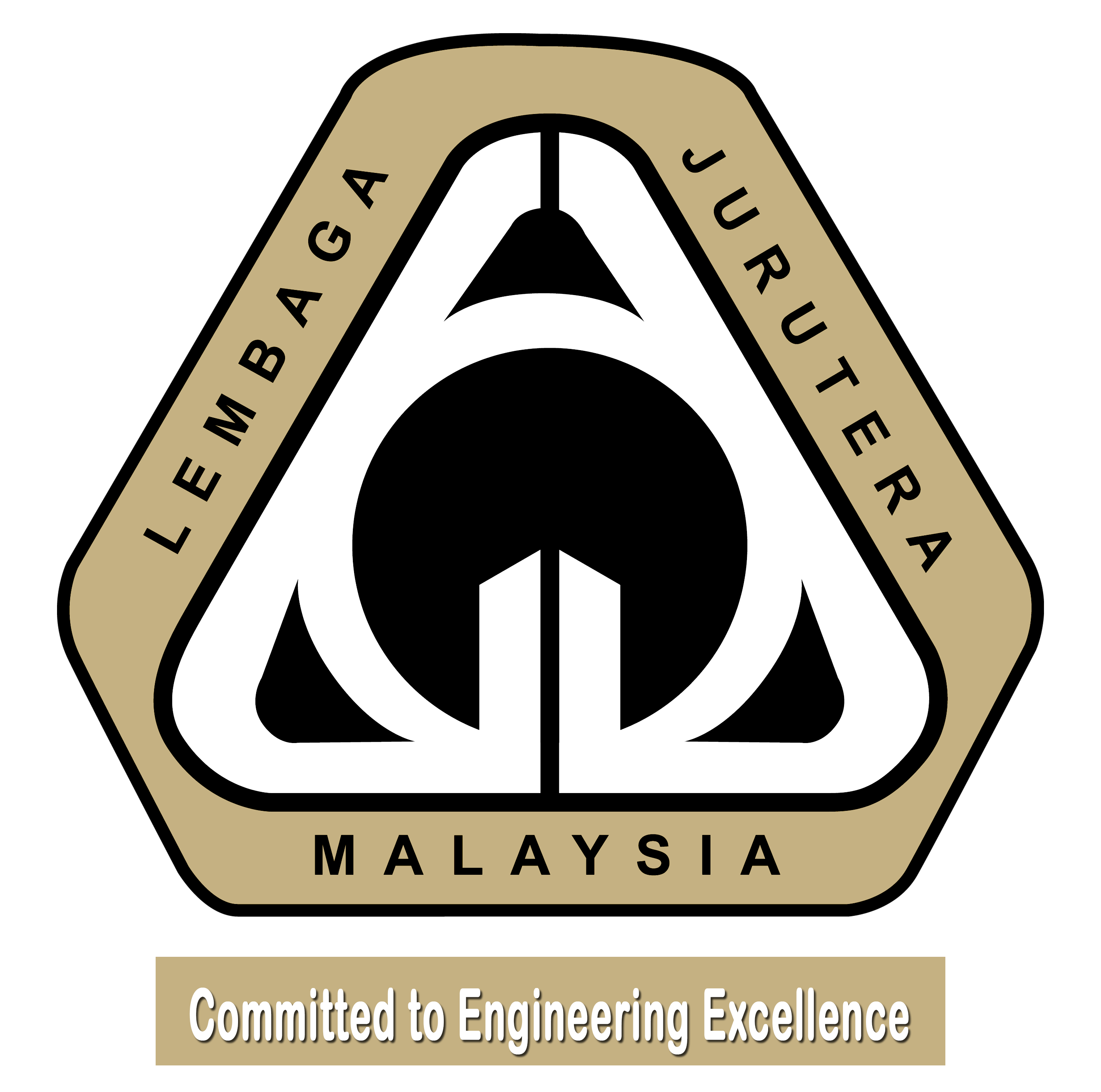 Chemical
Chemical
3. Professional Drawing
- Process flow diagram (PFD) and Utility flow diagram (UFD)
- Ability to describe a PFD or UFD example
- Process & Instrumentation diagram (P&ID)
- Ability to describe a P&ID example
4. Handling of Materials
- Handling of liquid
- Common types of liquid behaviour
- Tank discharge
- Gas processing
- MS 830:2003 code of practice for the storage, handling and transportation of liquefied petroleum gases
- MS 930:2010 code of practice for the installation of fuel gas piping systems and appliances
- Handling of particulate solids
- Storage and flow of particulate solids in silos
5. Unit Operation
- Reaction
- Reactor sizing
- Types of reactor
- Separation and purification
- Distillation
- Absorption and adsorption
- Membrane separation
- Extraction
- Evaporation
- Drying
- Filtration, sedimentation and centrifugal separation
- Equipment
- Pump
- Examples of different types of pumps and their applications
- Hydraulic calculation and system curve
- Compressor
- Turbine
- Storage tank
- API 650
- Pump
- Pressure vessel
- Design of pressure vessel
- ASME code & local authority inspection requirements
- Types of vessels
- Materials of construction
- Pressure / temperature limitations
- Types of fluids in the process
- Vessel insulation
- Pressure relief
-
- Types of Pressure Safety Valves for different fluids & process conditions
- Bursting Discs
- Blowdown systems
- Design of pressure vessel
- Refrigeration and heat pump
- Water supply treatment and distribution
6. Chemical Engineering Principles
- Thermodynamics
- Heat and mass transfer
- Energy and material balances
- Fluid mechanics and fluid dynamics
- Ventilation and humidification
- Psychrometrics
7. Role of Chemical Engineer in Society
- Environmental impact and sustainability
- Environmental impact assessment
- Life cycle analysis
- Risk assessment
- Discharge and disposal
- Waste management
- Environmental impact assessment
- Green technology
- Example of green technology and practices
- Recent development in the industry
- Example: turning sewage effluent into grey water, recover household sewage as grey water
- Example: turning EFB into syn gas and etc.
- Code of Practice
- Engineer's responsibility to society and to the public
- Professionalism on a conceptual basis
- Ethical conduct and professional practice
- IChemE forms of contract
- BP Process Safety Series - including what went wrong
- Continual professional development (CPD)
- Aware of the recent technological development in the area of services
- BEM magazine
- New advancement
- Aware of the recent technological development in the area of services
Page views:




















